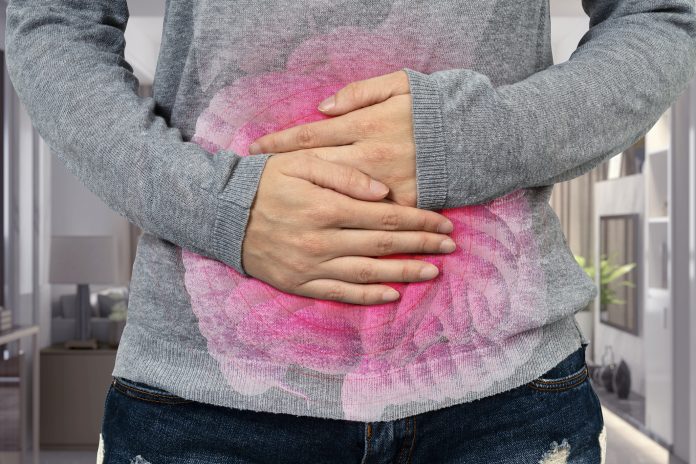
New evidence finds nine germline pathogenic variants, combined with H. pylori infection, raise gastric cancer risk considerably. Several of these variants are involved in homologous-recombination.
It has been estimated that germline mutations cause only one to three percent of gastric cancers. These new findings suggest hereditary risk is more important than previously believed for this malignancy.
The study, and an accompanying editorial, were published last week in The New England Journal of Medicine. The lead author is Yoshiaki Usui, MD, PhD, of the RIKEN Center for Integrative Medical Sciences in Yokohama.
The team looked at the association between germline pathogenic variants in 27 cancer- predisposing genes and the risk of gastric cancer in a sample of 10,426 patients with gastric cancer and 38,153 controls from BioBank Japan.
They also assessed the combined effect of pathogenic variants and H. pylori infection status on the risk of gastric cancer and calculated the cumulative risk in 1433 patients with gastric cancer and 5997 controls from the Hospital-based Epidemiologic Research Program at Aichi Cancer Center (HERPACC).
Germline pathogenic variants in nine genes (APC, ATM, BRCA1, BRCA2, CDH1, MLH1, MSH2, MSH6, and PALB2) were associated with gastric cancer risk. The team reported that four of these nine gastric cancer risk genes (ATM, BRCA1, BRCA2, and PALB2) encode proteins that mediate homologous recombination.
At age 85, people with H. pylori infection and a pathogenic variant had a substantially higher cumulative risk of gastric cancer than non-infected people (45.5% vs. 14.4%). The risk for gastric cancer was less than five percent among those without H pylori infections, regardless of whether they carried risk mutations.
The team described an interaction between H. pylori infection and pathogenic variants in homologous-recombination genes and risk of gastric cancer. Homologous recombination is one of two major pathways for the repair of double-strand breaks in DNA.
They write that, their analysis showed, “The effect that the interaction between germline pathogenic variants in homologous-recombination genes and H. pylori infection had on gastric cancer risk was much larger than the effects of interactions between these variants and other environmental factors (smoking, drinking, obesity, and sodium intake); moreover, the interaction was independent of the other environmental factors.”
In their accompanying NEJM editorial, Muller and He, note that germline mutations in genes for homologous-recombination proteins, are already associated with cancer predisposition, developmental disorders, and premature aging.
“Specifically, germline pathogenic variants in ATM, BRCA2, BRCA1, and PALB2 are known to cause a predisposition to breast, ovarian, prostate, and pancreatic cancer. Gastric cancer, at least in the context of H. pylori infection, has now been added to this list,” they write
Gastric cancer is the fifth most common neoplasm and the fourth leading cause of death from cancer world- wide. The five-year survival from this disease is about 30%.
H pylori has been classified as a group I carcinogen and is an environmental risk factor for gastric cancer. The rate of cancer attributable to this infection is highest in East Asia, at 17.6 cases per 100,000 person-years. Surveillance and treatment of H. pylori are recommended to lower gastric cancer rates. In the U.S., Asian Americans, particularly those of Korean descent, are at usually high risk for gastric cancer.













